The greatest fool is he who thinks he is not one and all others are
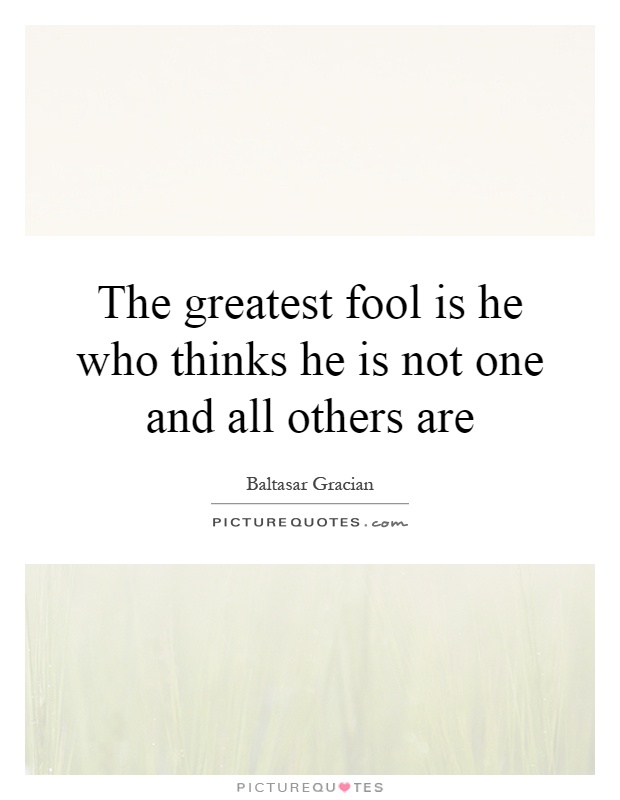
The greatest fool is he who thinks he is not one and all others are
In the context of Baltasar Gracian, a Spanish Jesuit and baroque prose writer known for his philosophical works, the quote "The greatest fool is he who thinks he is not one and all others are" holds significant meaning. Gracian's writings often explore themes of self-awareness, wisdom, and the complexities of human nature, making this quote particularly relevant to his philosophy.Gracian believed that true wisdom comes from self-awareness and humility. He argued that those who believe they are above folly and mistakes are actually the most foolish of all. This is because they lack the self-awareness to recognize their own flaws and limitations. In contrast, those who acknowledge their own foolishness are more likely to learn from their mistakes and grow in wisdom.
The quote also speaks to the dangers of arrogance and self-righteousness. Gracian warns against the temptation to judge others harshly while viewing oneself as superior. This attitude can lead to a false sense of superiority and a lack of empathy for others. In Gracian's view, true wisdom involves recognizing the humanity and fallibility of all people, including oneself.
Furthermore, Gracian's quote highlights the importance of humility in relationships with others. By acknowledging our own foolishness, we are more likely to approach others with compassion and understanding. This can lead to deeper connections and more meaningful interactions with those around us.
Overall, Gracian's quote serves as a reminder to cultivate self-awareness, humility, and empathy in our interactions with others. By recognizing our own foolishness and embracing our humanity, we can strive for greater wisdom and understanding in our lives. As Gracian himself wrote, "The wise man is he who knows himself to be a fool."
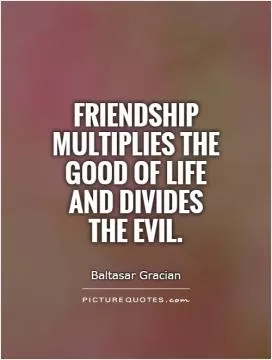
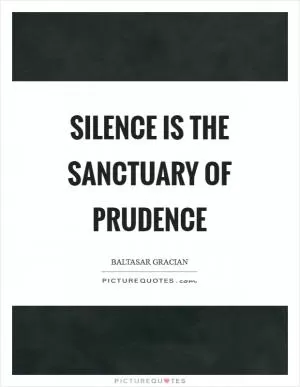
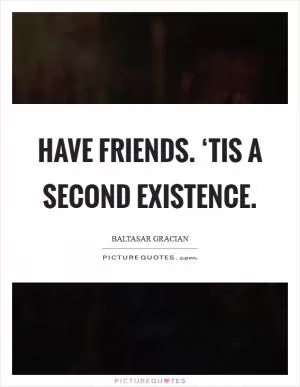

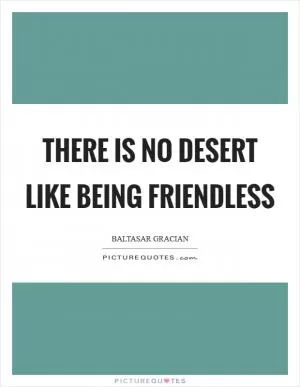







 Friendship Quotes
Friendship Quotes Love Quotes
Love Quotes Life Quotes
Life Quotes Funny Quotes
Funny Quotes Motivational Quotes
Motivational Quotes Inspirational Quotes
Inspirational Quotes